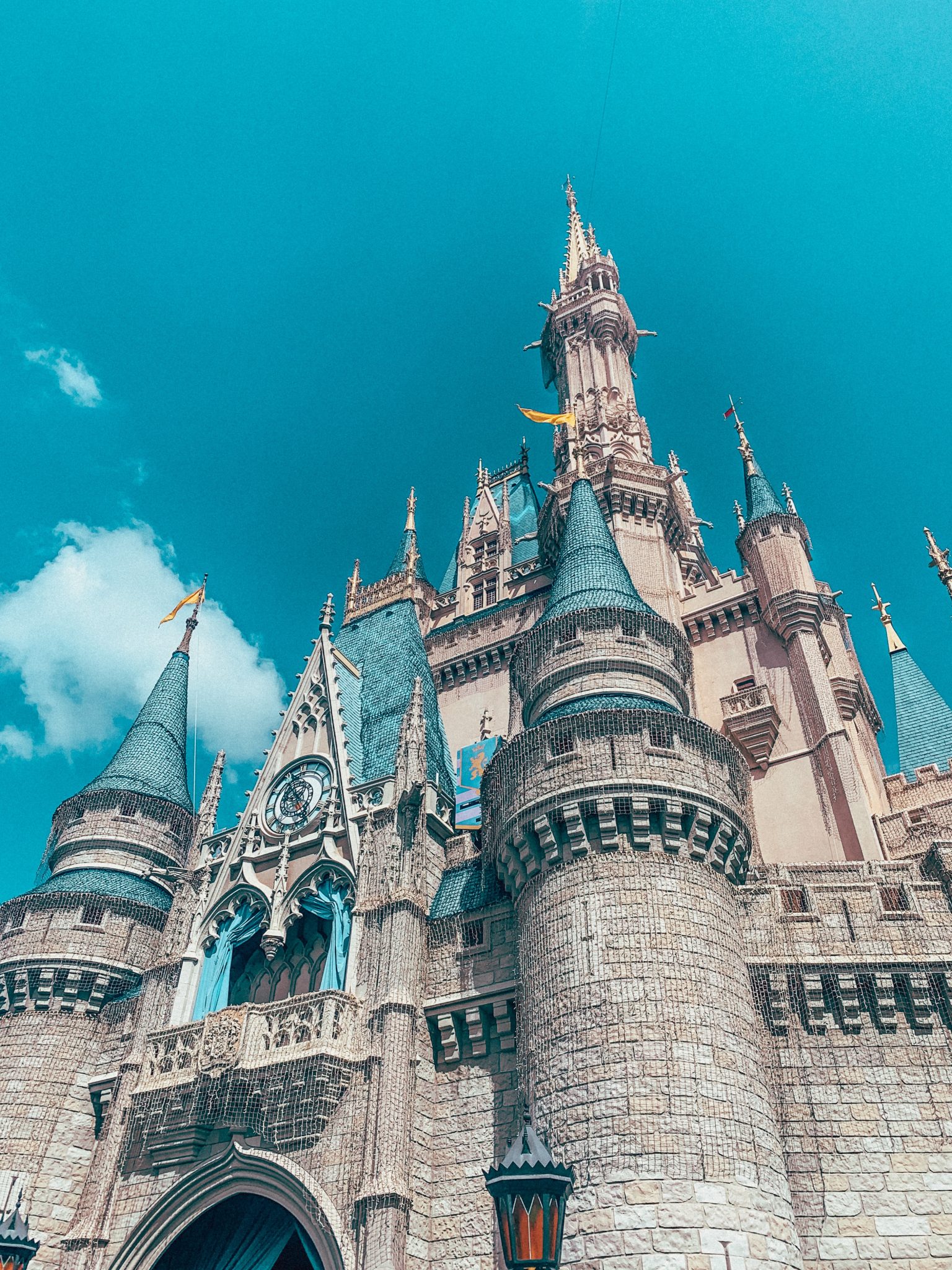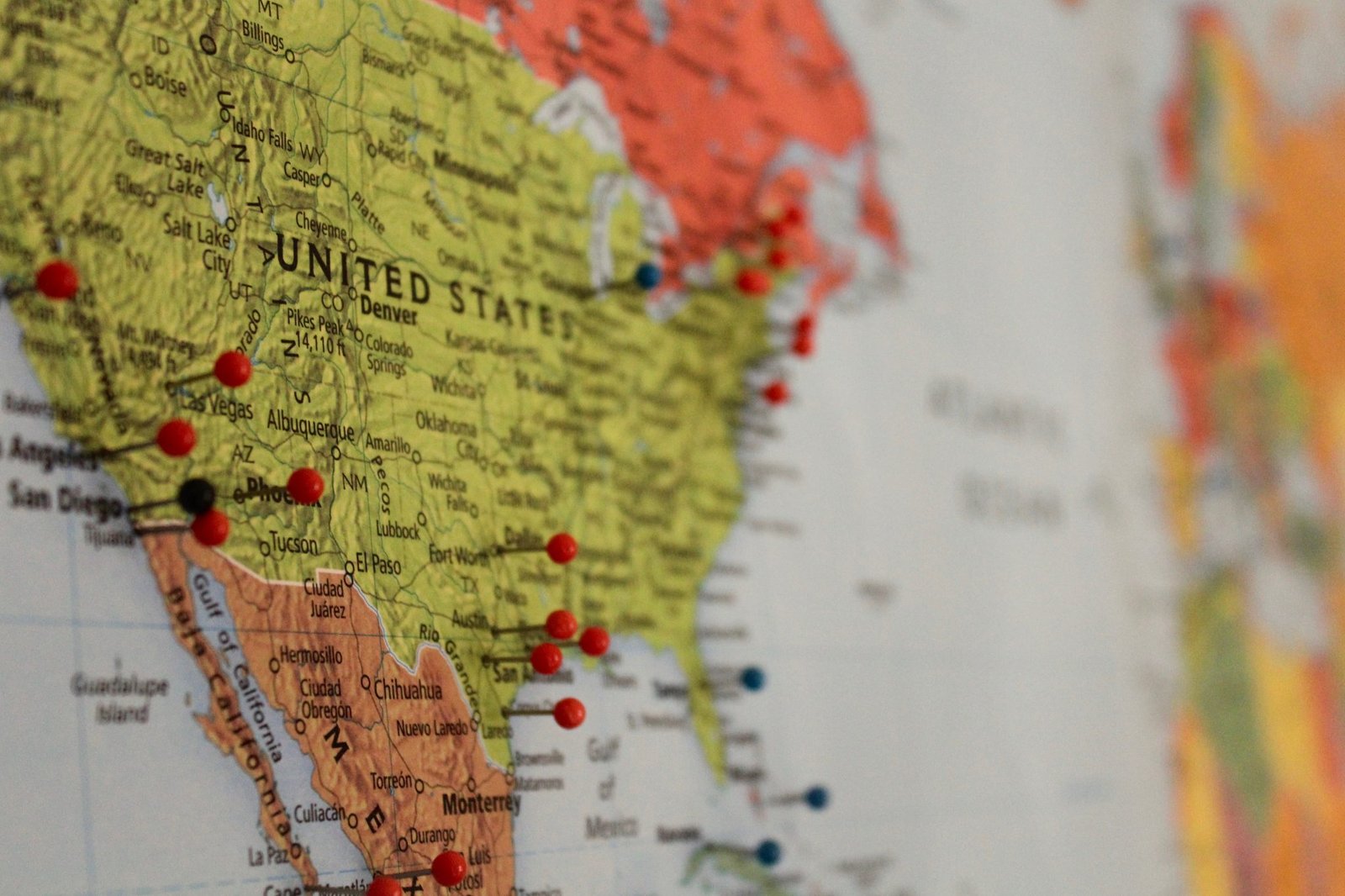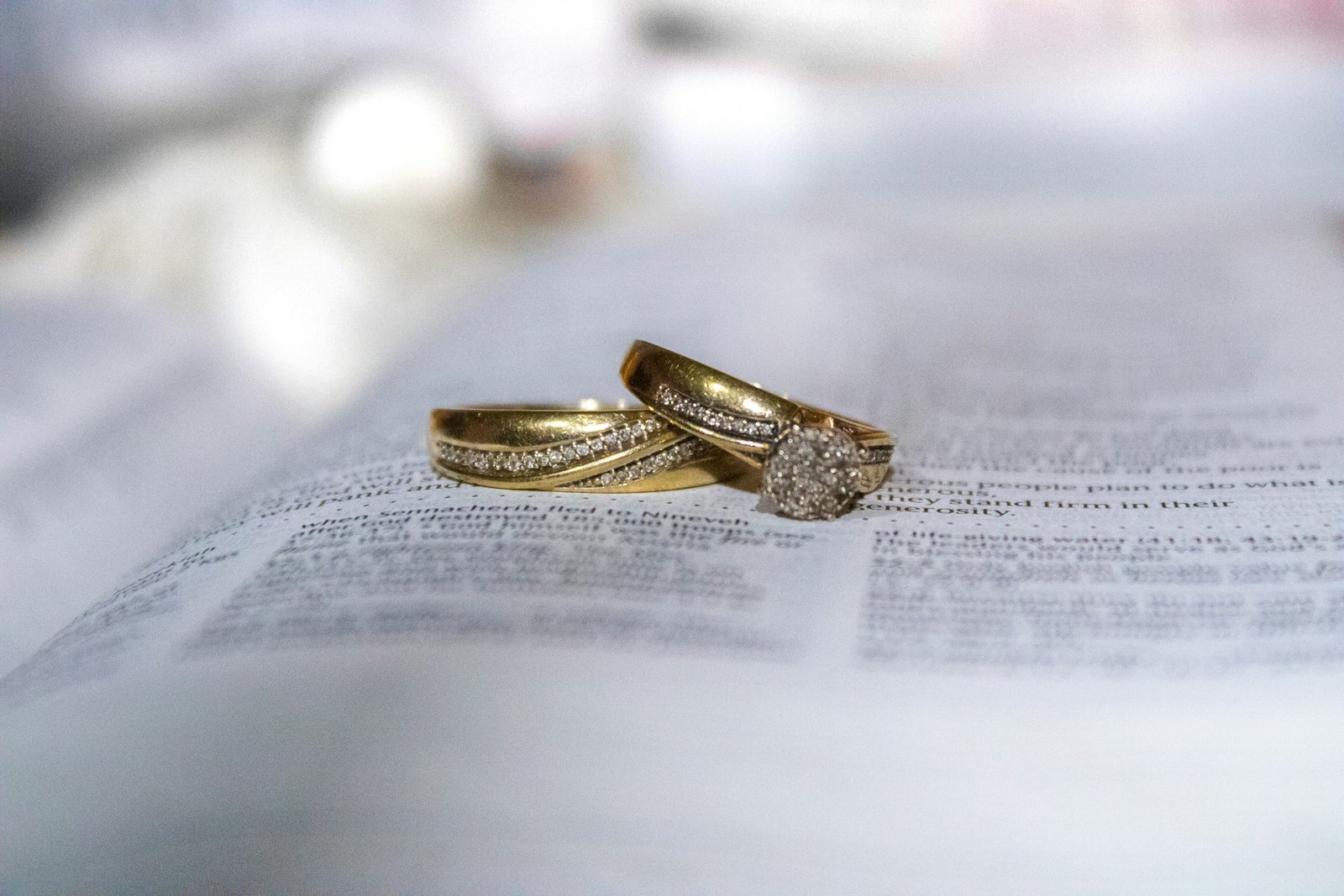Currently, there are 29 monarchies in the world, crowned with a network of emperors, kings, queens, emirs, and sultans ruling 44 sovereign states.
The monarchs fall into the categories of absolute and constitutional monarchies. Royal families in the absolute monarchies have supreme power over the rule of law and the legislation, while constitutional monarchies have a limited role.
Absolute monarchies are mostly found in the Middle East in countries such as Brunei, Kuwait, Qatar, Jordan, and Saudi Arabia. In Saudi Arabia, King Salman Al Saud, who is the current head of state, is also the county’s prime minister. In April 2019, he had 37 citizens beheaded through a royal decree for alleged terrorism crimes. Constitutional monarchies are largely in ten European countries, including Luxemburg, Netherlands, Belgium, Liechtenstein, and Denmark.
There are other constitutional monarchies under Britain’s Queen Elizabeth acting as their head of state, including the 16 commonwealth countries, Thailand and Japan. The argument that has, over the years, sufficed is the financial upkeep of maintaining the monarchies. In 2012, for instance, Queen Beatrix, an outgoing top royal family member in the Netherlands cost the Dutch taxpayers over 40 million Euros.
The Relevance of Monarchies in the 21st Century
Monarchies are the oldest forms of governance, based on constitutional principles. The United Kingdom, for instance, which is one of the oldest monarchies, shows no intentions of dissolving the royal leadership. Most European monarchies are elements of constitutional systems, meaning that the monarch has no effect on the state’s politics.
In China, the last monarch led by Qing Dynasty was dissolved in 1912 after the country became a republic. In Europe, royal dynasties help in upholding the constitutional order and also offer historical continuity. Queen Elizabeth, of the British Empire, has seen the reign of 14 prime ministers from Winston Churchill to Boris Johnson. Should a prime minister resign or retire, the queen has a right to appoint whoever she believes deserves to command authority in the House of Commons.
King Felipe IV of the Spanish monarchy and King Philippe of the Belgium monarchy are the other striking examples of the relevance of dynasties. In a country riven by separatist movements, Felipe IV took to inspiring national unity while king Philippe who rose into the throne in 2013, played a critical role in unifying the country.
In the 21st century, monarchies present several advantages. For instance, because they are hardly influenced by the media, money, or political parties, they can rise above politics and democratically represent the whole country. For countries such as Belgium where there are diversity and hostility among different ethnic groups, monarchs play a vital role in fostering unity. Monarchies are also critical in stabilizing countries and establishing stable societies.
The Financial Burden
The most contentious issues today in many countries is the financial burden imposed on the republicans. From carriages, running the palaces to supporting the royal family, the financial burden can be at times hard to bear despite the royalties bringing in funds through aspects such as tourism.
However, it can be difficult to determine the amount of money the monarchy brings in, particularly given that most of them are not forthcoming. Different studies have especially pointed to Denmark, Spain, and Luxemburg as not being fully transparent on the subject.
The Power to Unify
The primary duty of a monarch is to belong not to rule, with their decrees guided by the rule of law. They are mostly left with the power to unite, inspire, and persuade. In a time of distress, the kings and queens act as symbols of national unity. The British monarchy, which has for the longest time been led by Queen Elizabeth II has, for instance, had an invaluable impact on trade, economic diplomacy, and tourism. The queen has been the longest-serving British monarch, having sat on the throne for over 63 years. Although most of these monarchs wield power, they mostly act as ceremonial figures handling certain duties on behalf of the government.
While some argue that monarchs are the engine between a prosperous nation, others seem to disagree. For now, it may not be possible to predict if the monarchies will still be there in the next 100 years. Perhaps as other happenings arise in the world, countries with monarchs will focus more on their internal affairs and hold on to tradition. Other countries could face financial instability and dissolve the monarchies.
Nations with a monarch such as Denmark, Japan, Belgium, and Canada rank highly in terms of wealth generation and financial stamina, while those without, including the USA, France, and Germany also rank highly on the list of the most stable countries. So, there is no absolute guarantee that monarchies influence the economic stability of a country. Although the question on the relevance of a monarchy can be murky, states led by monarchs may never agree on whether the throne should be abolished or not. Find the most distinguished royals in this royal cv.











